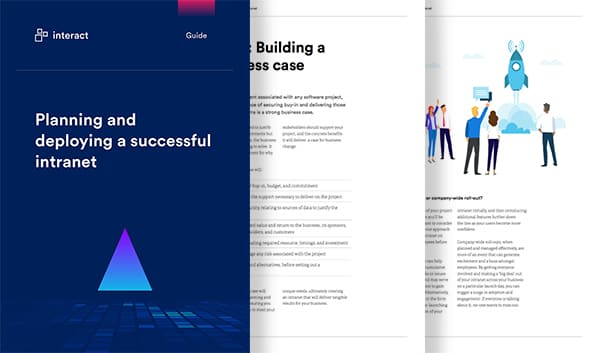4 reasons to keep in contact with former employees
Research shows staff turnover rates are set to rise over the next five years from 14.6 to 18 per cent, with the number of departures in 2018 to stand at almost 4.7 million within the UK. At a global level, this will reach an eye-watering 192 million separations in 2018.
Staff attrition is an accepted par for the course in employee management. With a measureable trend of increased ‘job-hopping’ amongst the growing Millennial generation, younger representatives of this group will typically change jobs an average of 4 times before hitting the age of 32.
In short, employees leave: fact. Flight risk management is now standard practice within most organizations and will continue to underpin HR and business forecasting.
However, when former employees do walk out the door, they may actually continue to be an asset and add value to your organization – often in surprising ways.
Why should you reconsider severing ties with ex-employees?
Former employees are excellent recruiters
Your former employees know your culture, your business and what the roles typically entail, making their recommendations and referrals for prospective staff more likely to be relevant. Research conducted by Glassdoor shows referrals are also more likely to receive offers, boosting the chances of a match by up to 6.6%. They will also typically offer truthful accounts of the organization to would-be employees, which can go a long way to securing buy-in and managing expectations. What’s more, they’re likely to connect and network with individuals in their field; giving you a “way in” to this valuable pool of prospective candidates – and let’s not forget that their ‘services’ in this respect are normally free.
They don’t disappear
When employees move onto pastures new, most of the time, they don’t go far. Many employees will remain in a similar field and perhaps go on to work for competitors, suppliers or even clients; maintaining an amiable professional relationship can safe-guard that network and provide valuable market insights otherwise unobtainable (particularly as many will remain in contact with certain individuals from their previous firm). Who knows, perhaps your ex-employee could be a future client themselves.
The boomerang effect
The value of bringing back departed employees is hotly debated in the HR sphere, but research shows that many continue to have strong value if they do return. They already have organizational knowledge and have demonstrated skills and capacity to do their role; after a period away, they’ll often return with new insights and refreshed enthusiasm and engagement. Before closing the door, it’s worth considering whether they could be tempted back: that’s a talent pool worth keeping track of.
Brand ambassadors
Parting on positive terms and retaining contact with former employees enhances their perception of your organization, positioning them as a brand ambassador. Operating within your industry, they’re ideally placed to refer business to your organization; and with 92% of customers trusting earned promotions such as word-of-mouth recommendations over just 47% trusting advertising, their referral counts. As a former employee, they serve as the most reliable form of internal brand ambassador also; remaining in contact can help you obtain those sought-after employee reviews for the likes of Glassdoor, which can have an impact on your ability to attract top talent going forward.
When a long-serving or top-performing employee gives notice, there can be a temptation in many organizations to take that action personally – even ‘shunning’ those individuals for displaying a lack of loyalty. It’s important to consider the bigger picture. Maintaining those relationships can present long-term gains at both individual and business level; avoid a scenario in which you could be “cutting off your nose to spite your face”. Stay in touch with the ex.
